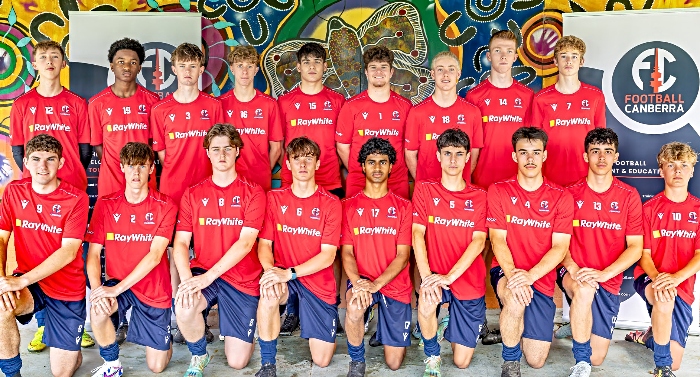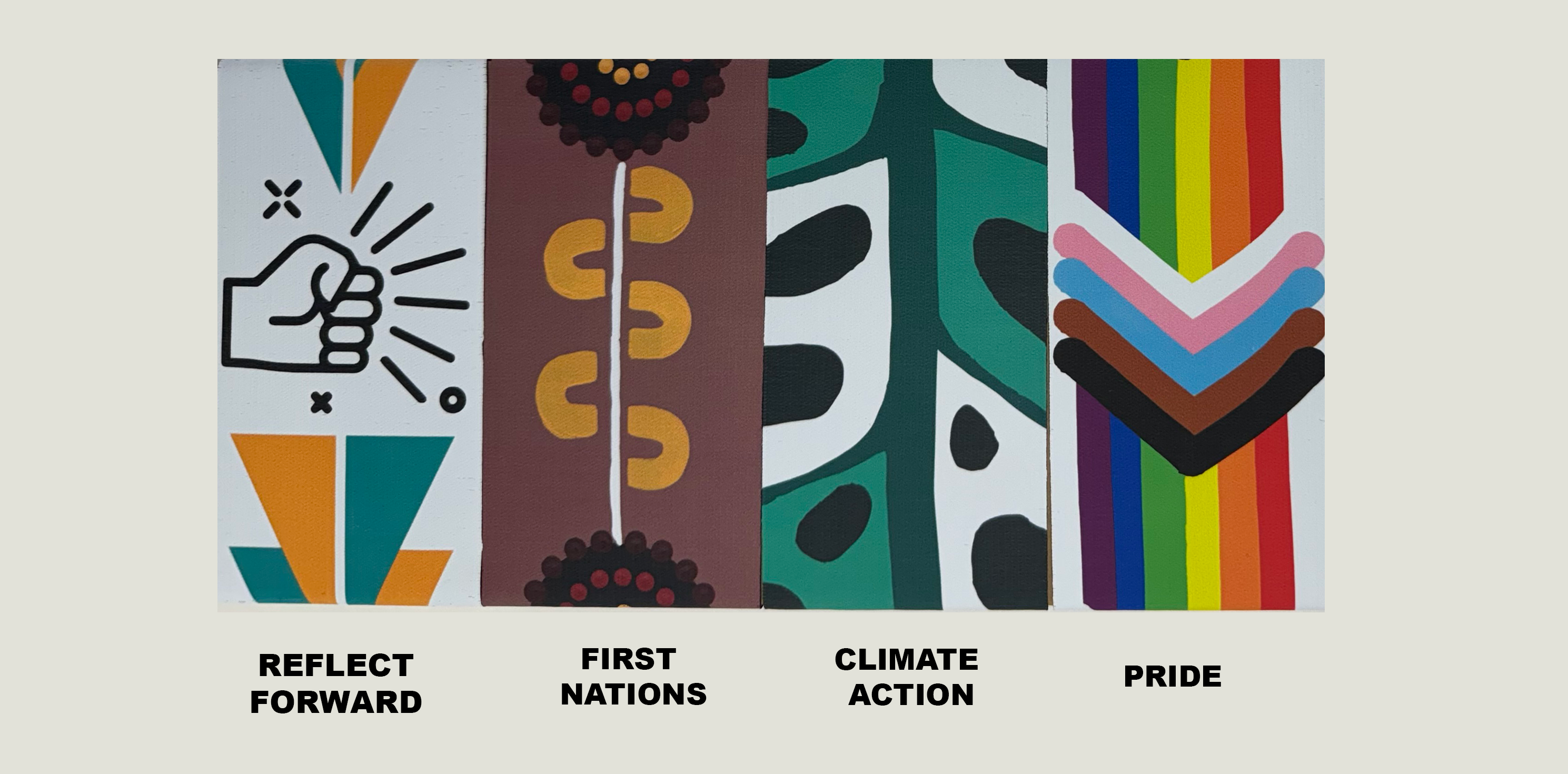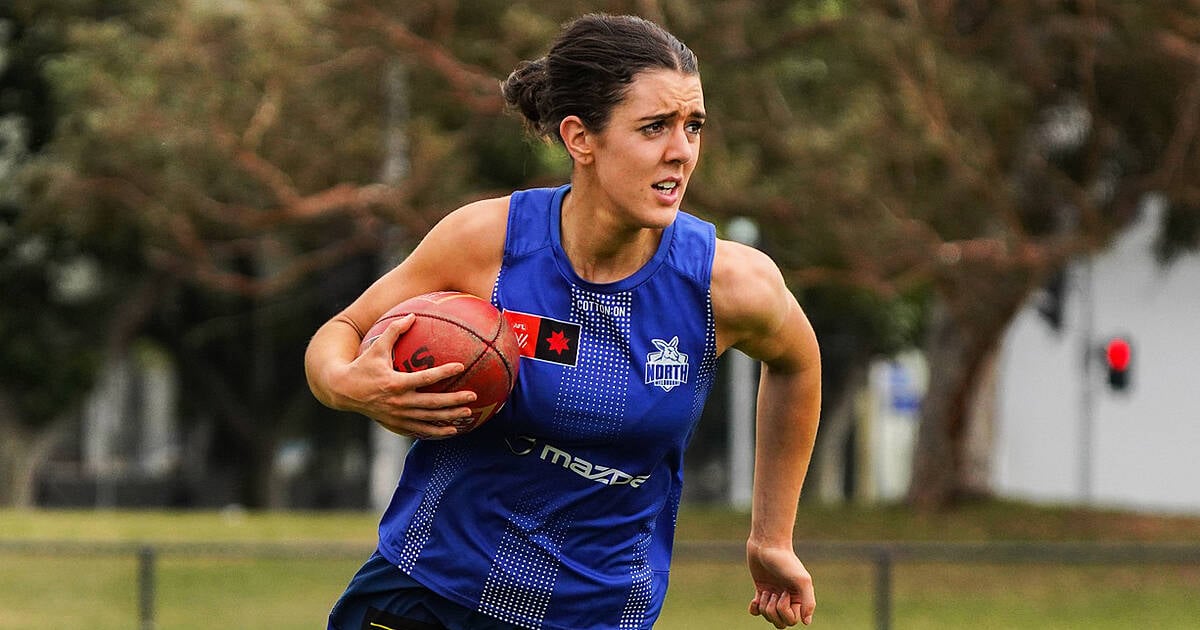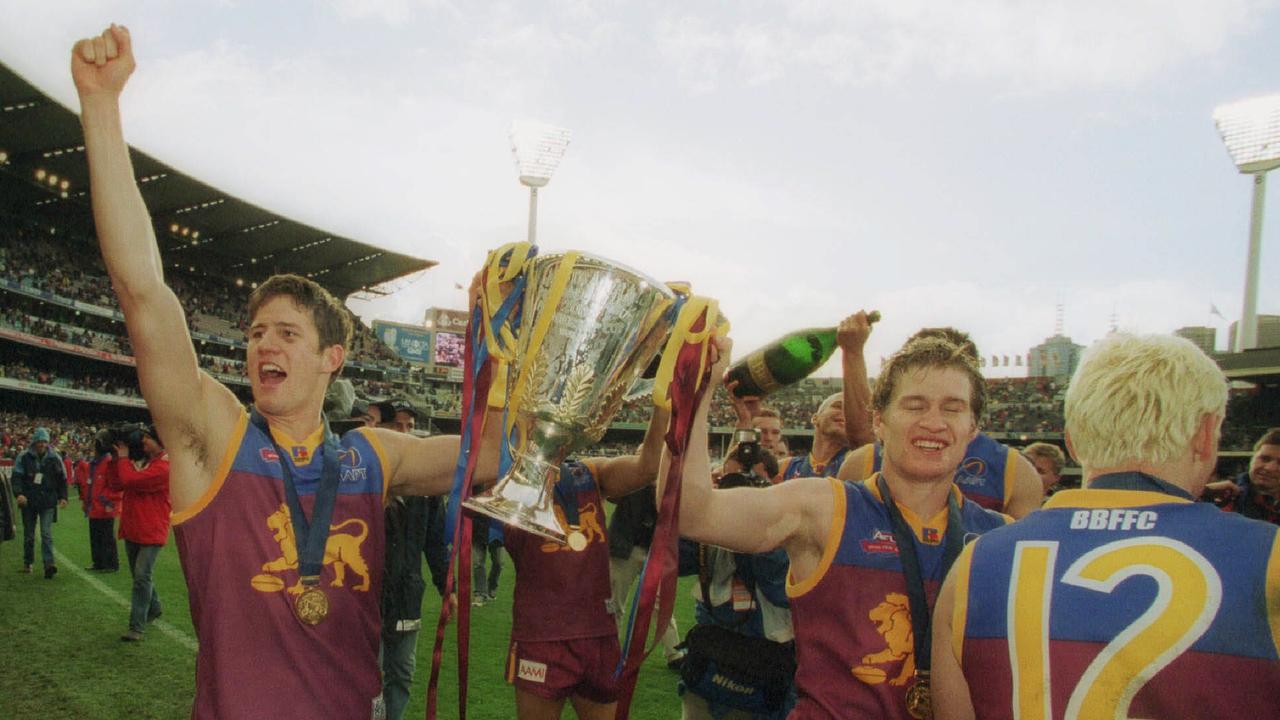AFL season’s record attendance figures dry up due to poor form of Melbourne teams

- by Admin
- September 9, 2024

To the pubs and restaurants along Richmond’s Swan Street, the weekends of September are known for their bustle and buzz. But this year, the streetscape will be different.
No men’s AFL finals will be held in Melbourne this weekend for only the second time since 2006 (excluding the two pandemic-affected years). And it’s not just Richmond’s pubs that will feel the effects.
With only Geelong’s preliminary final and the grand final to come at the 100,000-capacity MCG, the 2024 finals series – even if every remaining ticket is sold – will be among the lowest attended over the past two decades.
The AFL will sell around 150,000 fewer finals tickets this year than it did in 2018, when a record 700,000 fans watched a compelling September that saw West Coast triumph over Collingwood in the dramatic grand final.
Twelve months since Collingwood stormed to a memorable grand final victory, the uninspiring form of almost all of Melbourne’s teams has left the Victorian capital with its lowest number of finals matches in almost 20 years, and has put the handbrake on a season which has set a new record for attendance.
None of the nine Melbourne clubs finished higher than sixth, and two of the three which made the finals – Western Bulldogs and Carlton – were eliminated in week one.
The final Melbourne-based team left standing, Hawthorn, travel to South Australia to play Port Adelaide this Friday after their first finals victory in nine years, against the Bulldogs.
Hawks fans have already complained about the cost of flights which are upwards of $1,000, and buses are being organised by fan groups.
The impact will also be felt in the venues close to the MCG. In Richmond, hostelries such as the London Tavern, Mount View Hotel and Cricketers Arms are usually jammed on days with finals. But there will be no pre- and post-game rushes this weekend.
Staff at Pink Lemonade, a venue established in 2021 to make the most of its position close to the Olympic Park precinct, expect a surprisingly slow weekend.
Venue manager Elizabeth Silver said it was “quite a unique situation this weekend”, and she expected foot traffic to be much slower on Swan St. But the NRL final between Melbourne and Cronulla at AAMI Park on Saturday afternoon – as well as the interstate matches shown on the screens – means there will still be a strong footy flavour.
“We’ve got a lot of bookings from Sydneysiders as well, because the Cronulla Sharks [are playing],” she said. “We’ll be cheering on the Hawks and making sure those that can’t travel over there, we’re going to try and bring the ‘G – the atmosphere and the happiness and joy – to our venue.”
after newsletter promotion
Luke Breust, Hawthorn’s veteran small forward who will reach 300 games on Friday, says the support from the fans that can get to South Australia will be vital for his underdog side, which started the season winless from five matches.
The 33-year-old also hoped some would travel from Victoria as well as his home town of Temora in southern New South Wales.
“Hopefully a few make the big road trip from back home, and from Melbourne, to support,” he said. “It’s a hostile environment, it’s actually an amazing environment to play in.”
Geelong beat Port to secure a home preliminary final next week, but the AFL requires that match to be moved from the recently refurbished GMHBA Stadium, which holds 40,000 fans, to the MCG.
This year’s finals attendance figures are also affected by this Saturday’s clash between GWS and Brisbane at the 22,000-seat Engie Stadium in Homebush, just the fourth final at the ground and first since 2019.
Even if the remaining five finals were to be sellouts, the total attendance for the finals would reach only 550,000 – lower than all but two finals aggregates since 2006, when both week two and week three of the finals were held entirely interstate.
So far all four finals have exhausted ticket allocations, and during the final round of the regular season a new attendance record was set. This season, around 320,000 fans attended the AFL each week on average.
The Latest News
-
December 25, 2024Our favorite golf memories from 2024 – Australian Golf Digest
-
December 25, 2024Where to watch Australia vs. India 4th Test: Free live stream, free-to-air channel, start time for cricket match | Sporting News Australia
-
December 25, 2024Gearing Up for Australian Open, Nick Kyrgios Elevated in Bold Predictions From Renowned Tennis Experts
-
December 25, 2024Dads’ day out! Australian stars unwind with with wives, kids at MCG. Watch | Cricket News – Times of India
-
December 25, 2024Border-Gavaskar Trophy: What is Australia’s record in Melbourne in Test matches? | Sporting News Australia





